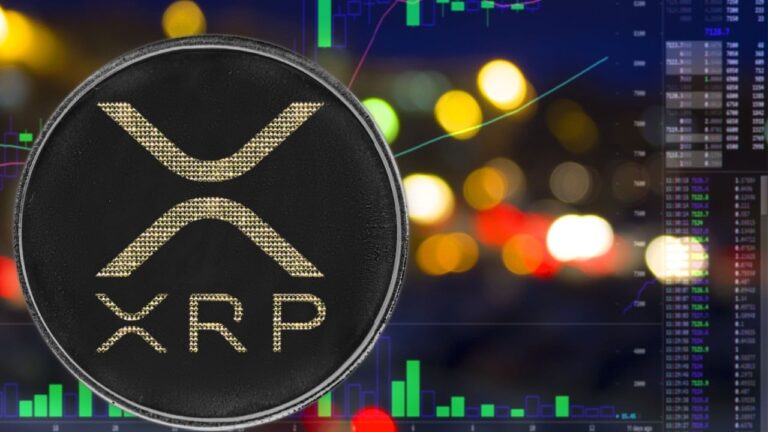Unlocking Ethereum’s Potential: Vitalik Buterin Shares His Optimistic Vision for Zuzalu and Other DAOs
The Future of Decentralized Autonomous Organizations
Vitalik Buterin’s Vision for a More Decentralized Future
Ethereum co-creator Vitalik Buterin recently shared his optimistic vision for the future of decentralized autonomous organizations (DAOs), highlighting his hopes for increased decentralization and permissionless formal membership. Buterin believes that current currencies are too permissioned and sees a tradeoff between different levels of permissionedness.
Buterin envisions a future where DAOs like Zuzalu have more ways to obtain highly decentralized and permissionless formal membership, allowing for greater transparency and trust within the organization. He believes that by increasing decentralization, DAOs can become more resilient, efficient, and secure.
According to Buterin, the key to unlocking Ethereum’s potential lies in embracing decentralization and removing barriers to participation. By creating more inclusive and decentralized systems, Buterin believes that DAOs can revolutionize the way we organize and collaborate.
How This Will Affect You
If Buterin’s vision for more decentralized and permissionless DAOs becomes a reality, you may benefit from increased transparency, trust, and efficiency within organizations. As a participant in DAOs or other decentralized systems, you could have more control over your own data and decision-making processes.
By embracing decentralization, you may also experience greater security and resilience in your interactions with DAOs and other decentralized platforms. Overall, Buterin’s vision could lead to a more democratic and inclusive digital ecosystem for all users.
How This Will Affect the World
If Buterin’s vision for highly decentralized and permissionless DAOs is realized, the world could see a shift towards more transparent, secure, and efficient organizational structures. By removing barriers to participation and increasing decentralization, DAOs could empower individuals and communities around the globe.
This shift towards decentralization could also have far-reaching implications for industries such as finance, governance, and technology, leading to more equitable and democratic systems. By embracing Buterin’s vision, the world may witness a more inclusive and resilient digital economy.
Conclusion
Vitalik Buterin’s optimistic vision for Zuzalu and other DAOs highlights the potential for increased decentralization and permissionless formal membership in the future. By embracing decentralization, we can unlock new possibilities for transparency, trust, and collaboration within organizations. As we move towards a more decentralized digital ecosystem, we have the opportunity to create a more inclusive and resilient world for all.




